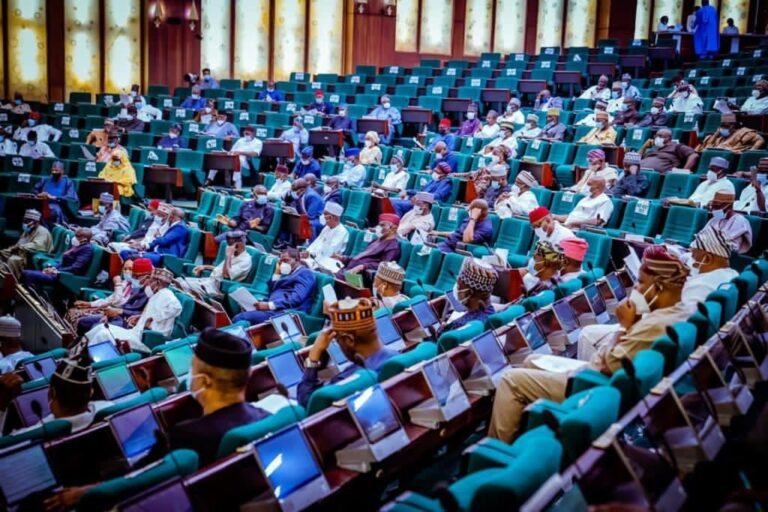Barely one month after they proposed voting rights for underage girls who are married, Nigerian lawmakers may have withdrawn that proposal.
Kano lawmaker, Kabiru Gaya, who is the chairperson of the Senate committee on INEC, disclosed this at the News Agency of Nigeria (NAN) Forum in Abuja on Tuesday.
This is not unrelated to backlash that followed the news of the suggestions.
The committee had in December 2020, proposed a review of the provision in the Electoral Act which pegged the eligibility of a voter at 18 years. They made the proposal to Technical Committee on Electoral Reform – the committee charged with working on the new Electoral Act.
The lawmakers particularly proposed that that INEC should consider any married girl who is not up to 18 years as eligible to vote.
“The joint committee has proposed a review of the section of the Electoral Act that pegged the eligibility age of voters at 18 years.
“The joint committee has proposed that if a lady who is not up to 18 years is married, she should be considered to be mature enough and be eligible to vote,” Mr Gaya had told the technical panel stating that the decision was unanimous.
Aisha Dukku, the chairperson of the House committee on INEC, backed him.
Nigerians condemned the proposal describing it as an incomprehensible and repulsive legislative intent.
The U-Turn
From Mr Gaya’s remarks on Tuesday, the committee may have dropped the proposal. The issue, he said, sparked outrage when it was presented in a memorandum submitted to a technical committee set up on the reforms.
He said the proposal was but a memorandum submitted by a group.
“One of the people who came to the public hearing, submitted the memorandum and argued that the word ‘underage’ was not his, but that any woman or man that is married should be considered as an adult. That was his reason.
“Our own resolve is that if a woman is at the age of 16 and she gets married, she should not be allowed to vote. Generally, there was a lot of noise about. It was in a memorandum submitted by a group of people and they have their rights as Nigerians.
“But when we came to the committee, we discussed a lot on that and at the end of the day, we felt we could not go along with that suggestion and it was dropped,’’ he said.
NASS considering electronic voting
The lawmaker also disclosed that the National Assembly is considering the possibility of adopting electronic voting in the country – just the way card readers were introduced into the country’s electoral system.
“Now we are trying to introduce electronic voting, so we are also working on that process, we have also agreed that INEC can decide to do electronic voting. We should have a designed system that should be able to work for us to do electronic voting where an ordinary woman or man in the village will know where to touch to vote for a party,’’ he said.
While he expressed optimism that Nigerians will accept electronic voting, the lawmaker explained that INEC could not embark on such a venture initially because there was no approval.
On the number of political parties on the ballot paper, he said the new law will ensure that any political party that does not have a seat at the House of Assembly, Senate or Local Government will not be on the ballot paper. Such parties, he said, should be deregistered to reduce the size of the ballot paper.
“Even though the parties are not happy and have gone to court to challenge INEC. I believe that we will continue to exercise our powers in making sure that we have few political parties than this number of mushroom political parties.’’
The panel had earlier promised to produce a new Electoral Act for the nation before the end of the first quarter of 2021.
